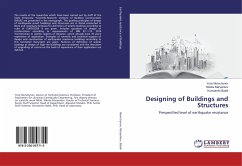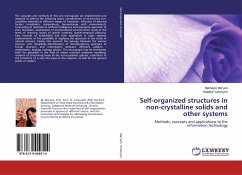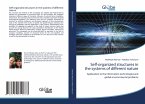This book is concerned with the lives of poor and orphaned children in the Bagamoyo District in Tanzania and the way in which global structures influence their realities. The children s experiences are at the forefront through narratives. The book emphasizes the children as agents and questions the Western-based notions of childhood currently viewed as universal. These powerful notions, or knowledge systems, is a form of global governmentality, and hides the lived realities of the children. Neoliberal ideology with its values, discourses and practices, is also a type of global governmentality. The book shows how it shapes the development project, setting the rules for how projects are implemented and evaluated, restricting the options of local partners to assist the children the way they see best. The book also explores how macro-structures are influencing the children s lives through global inequality, resulting in poverty, disease and death for millions while the link between poverty and wealth is concealed. The book should be useful to anyone interested in inequality and structural violence, in anthropology, other social sciences, in international healthcare and development.
Hinweis: Dieser Artikel kann nur an eine deutsche Lieferadresse ausgeliefert werden.
Hinweis: Dieser Artikel kann nur an eine deutsche Lieferadresse ausgeliefert werden.








